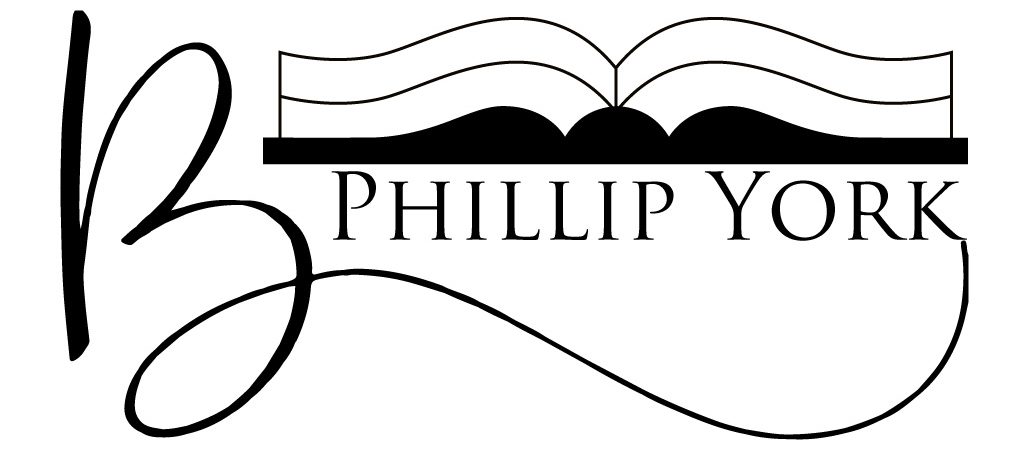We have to live in the world, not in some ivory tower, and this exercise can be useful in thinking about what values you want to espouse and support as a writer. There are also marketing and publishing implications, and you get to play around with things like “branding”.
Back in the day, you could write a lackluster novel and then just be mysterious and avoid fans, and that very mysteriousness could end up as a sort of marketing.
Branding is both real, and overinflated and overhyped. It’s real because the Coca-Cola company is real and profitable, and in fact enormous, and Coca-Cola is essentially just a giant branding exercise. Certainly, they own plants, and have expertise in bottling and making carbonated sugar water, but in truth, their product is eminently replicable. Taste tests often reveal that people can’t taste the difference between Coke and a generic soda product. Yet somehow Coca-Cola persists, due to the value of its brand.
At the same time branding is totally overhyped and overvalued. Branding experts say branding is worth tons of money. There are two big branding firms that come up with absurd values the top brands in the world. These values are totally divorced from reality, totally unsupported by any good valuation model (something, coincidentally I am an expert in).
As a writer though you may want to put some thought into what you want your author brand and branding to be like. What sort of things do you want to write about, and how do you want to be perceived? Many readers get fascinated by the minutiae of writers’ lives. And there are some common tropes associated with writers and writing: coffee, alcohol, typewriters, quill pens. Maybe you want a consistent author photo across social media (highly recommend this). It’s okay to have multiple photos floating around, but I would have the same photo on your Twitter, Facebook, Tumblr, bio on your web page. There’s a goal of being instantly recognizable, especially if a potential reader encounters you without knowing it’s you on a different social media platform. You want that reader to realize it’s the same person if they had no idea you were in Pinterest, and that’s the social media space they spend a lot of time on, but they saw you somewhere else earlier, now you have a new fan.
Building your author brand is well paired with in my opinion with choosing a pen name. Both projects can help you build some emotional distance with criticism and not over-identifying when someone doesn’t like your work can be really valuable. If someone doesn’t like a story you wrote you don’t want to blow up at them, especially publicly. It’s rude, unprofessional, and counter-productive.

